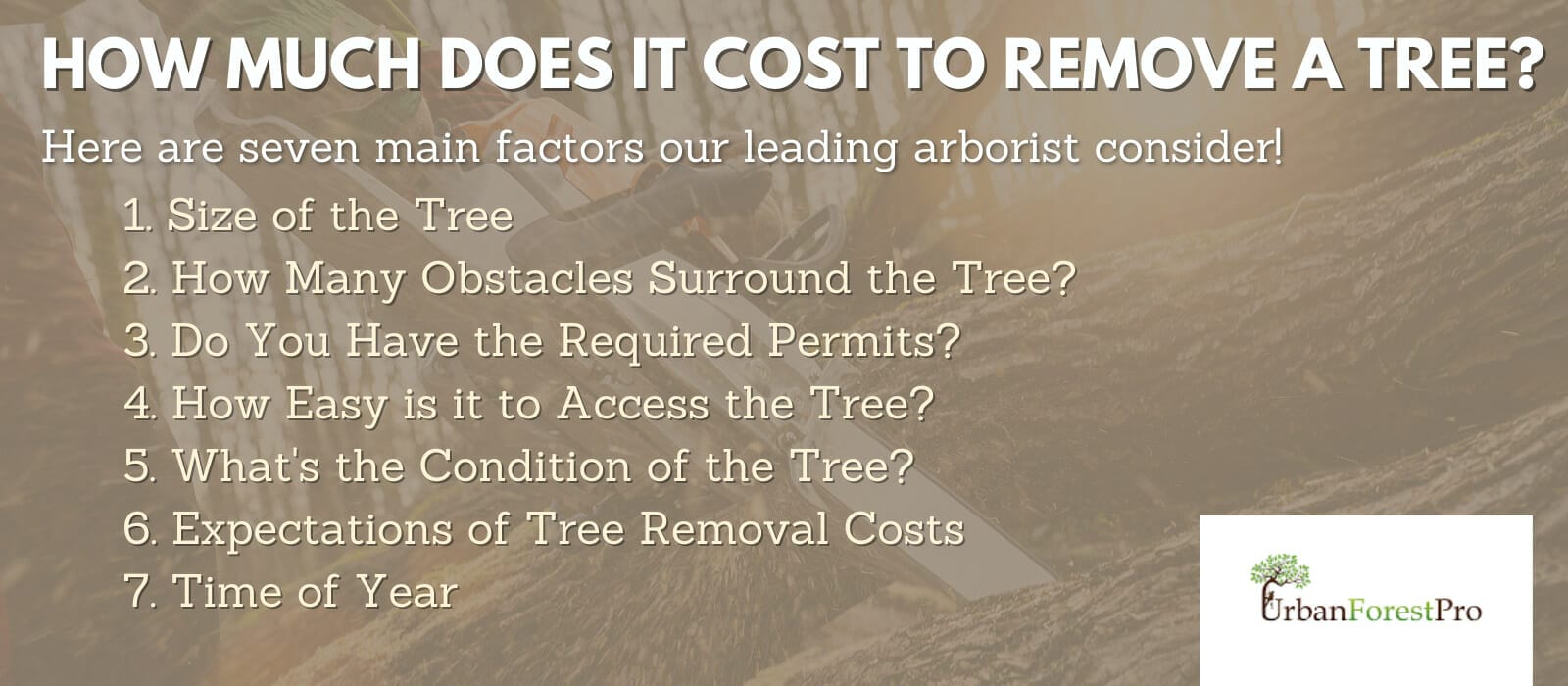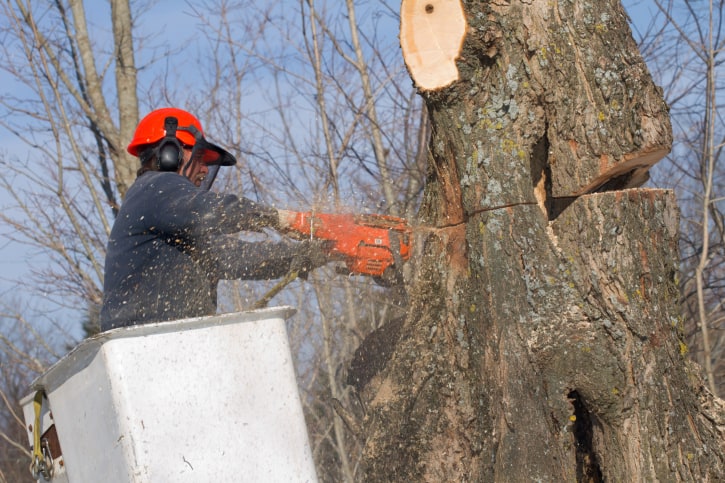Featured
Table of Contents
- – Beach Park, IL Arborist Disposal Costs
- – Competitive Tree Service Costs In Beach Park, IL
- – Beach Park, IL Tree Trimming: What Customers ...
- – Beach Park, IL Tree Cutting Reviews: What Loc...
- – Top Rated Tree Trimming In Beach Park, IL
- – Beach Park, IL Tree Clearing Reviews: Are The...
- – Beach Park, IL Tree Clearing Payment Plans
- – Beach Park, IL Tree Service Reviews: What Lo...
- – Seasonal Stump Grinding Costs In Beach Park,...
- – Compliance Costs For Stump Removal In Beach ...
- – Quality Stump Removal At Fair Prices In Beac...
- – Beach Park, IL Tree Clearing Financing Options
- – Beach Park, IL Tree Cutting Price Breakdown
- – Beach Park, IL Tree Service Consultation Fee
- – Beach Park, IL Arborist Cost Guide

The subsections below provide more detailed details about prices, consisting of an average variety for each. TypeAverage Elimination CostPineConiferPalmMagnoliaArborvitaeAshCedarSweet GumEucalyptusSycamoreCypressOakMaplePoplar You can expect to pay between to get rid of a pine, depending on its size. Removing a pine is among the more budget friendly tasks unless it is one that has been around for years and is rather large.
Beach Park, IL Arborist Disposal Costs
Pines also have a tap root that grows deep into the soil, which can prove to be more challenging to eliminate. The procedure itself involves an expert cutting the tree, clearing the base, cutting the surface area roots, removing the stump, and finally dealing with the soil. Without a professional hand, you run the risk of leaving pine seedlings behind, which will fall from the roots of distressed pines.
Competitive Tree Service Costs In Beach Park, IL
The U.S. nationwide average for conifer removal is roughly to have the conifer reduced, hauled away, and the stump ground or removed entirely. Conifers are normally much easier to eliminate, and despite the fact that they can grow rather tall, they do not cost a fortune to eliminate. Conifers consist of pine, spruce, fir, and juniper trees.
Beach Park, IL Tree Trimming: What Customers Say
While conifers are beautiful, they eliminate native plants and particular types of turf (arborist). The typical rate of palm removal depends on the height as much as the type, varying from.
Beach Park, IL Tree Cutting Reviews: What Locals Say
That is why it is crucial to understand which type you are getting rid of. While you do not require an herbicide to kill a palm tree, there are some actions your elimination specialist will have to require to guarantee the task is done properly. There are two ways they can eliminate them: by slicing them down or digging them up.
Top Rated Tree Trimming In Beach Park, IL
This is since small animals like rats and scorpions typically reside in them. Plus, numerous types will have spikes, too. From there, they remove the real tree and after that the stump. Anticipate to pay in between to remove this kind of tree, depending on the exact size and information of the task.
Beach Park, IL Tree Clearing Reviews: Are They Worth It
There are three types: green, white, and black ash. With its gray-tinged bark, its leaves are green or purple in the spring and golden yellow or purplish-red in the fall.
Beach Park, IL Tree Clearing Payment Plans

The bark is softer, and it flowers later on in the year - tree trimming. Due to the variation in height, the removal cost difference is large from. A coniferous, evergreen tree, the cedar is a hardy species. True cedars enjoy greater altitudes, generally in the Himalayas and the Mediterranean. A true cedar can grow as high as 160 feet in height and is frequently planted in the United States as a landscape option.
Beach Park, IL Tree Service Reviews: What Locals Say
The development of false cedars varies from 50 feet up to 230 feet high. With star-shaped leaves and sensational fall colors, the sweet gum is considered a medium to big tree.
Seasonal Stump Grinding Costs In Beach Park, IL
Usually, it costs between to get rid of a eucalyptus. Eucalyptus are not typical everywhere, however they are quite big compared to others, which is why even the smaller ones are so costly to get rid of.
Compliance Costs For Stump Removal In Beach Park, IL
There are a handful of ways to do this, consisting of burning, pulling, grinding, or eliminating them with herbicide. Expect to pay between to eliminate sycamores, based on the height, trunk size, and quantity of work included. Sycamores are among the biggest hardwood trees, typically ranging from 60 to 100 feet high and as broad as 15 feet.
Quality Stump Removal At Fair Prices In Beach Park, IL
The first 2 actions will expose the insides of the tree and cut off the flow of nutrients up the trunk. From there, a professional applies herbicide to kill the tree and cuts down the trunk.
Beach Park, IL Tree Clearing Financing Options
There are various kinds of Cypress trees, but the most widespread are the Leyland, Arizona, Bald, and Italian. The Bald Cypress grows in swampy or very damp locations while the others enjoy a dry, warm, or hot climate (tree cutting). They can grow as tall as 80 to 100 feet tall
Beach Park, IL Tree Cutting Price Breakdown

Prone to illness, the Cypress is among the most prized woods for furniture. The typical oak grows to around 60 feet, and depending on the intricacy of the elimination, it costs an average of to remove. The exact size of your oak and the effort required to fell it affect what you will really pay for elimination together with any extra services like stump grinding.
Beach Park, IL Tree Service Consultation Fee
Access to the trees and the roots will also affect the total cost. Maples are normally among the more expensive trees to eliminate because of their size and the work included in the elimination.
Beach Park, IL Arborist Cost Guide
Growing as high as 90 to 115 feet, these enormous timbers are generally discovered in North America and include the aspen, cottonwood, and balsam trees. The process to eliminate trees includes all the cutting and cutting of the branches and trunk, bringing it down to a stump.
Table of Contents
- – Beach Park, IL Arborist Disposal Costs
- – Competitive Tree Service Costs In Beach Park, IL
- – Beach Park, IL Tree Trimming: What Customers ...
- – Beach Park, IL Tree Cutting Reviews: What Loc...
- – Top Rated Tree Trimming In Beach Park, IL
- – Beach Park, IL Tree Clearing Reviews: Are The...
- – Beach Park, IL Tree Clearing Payment Plans
- – Beach Park, IL Tree Service Reviews: What Lo...
- – Seasonal Stump Grinding Costs In Beach Park,...
- – Compliance Costs For Stump Removal In Beach ...
- – Quality Stump Removal At Fair Prices In Beac...
- – Beach Park, IL Tree Clearing Financing Options
- – Beach Park, IL Tree Cutting Price Breakdown
- – Beach Park, IL Tree Service Consultation Fee
- – Beach Park, IL Arborist Cost Guide
Latest Posts
Richland Hills, TX Arborist Modernization Costs
Middletown, KY Tree Removal Cost Trends
McCordsville, IN Tree Trimming Specialists: Pricing
More
Latest Posts
Richland Hills, TX Arborist Modernization Costs
Middletown, KY Tree Removal Cost Trends
McCordsville, IN Tree Trimming Specialists: Pricing